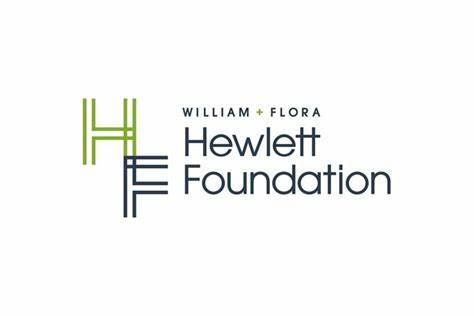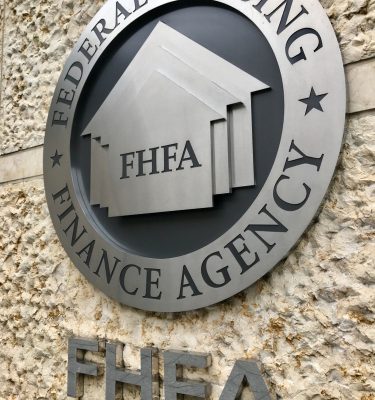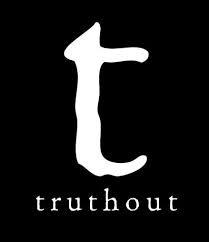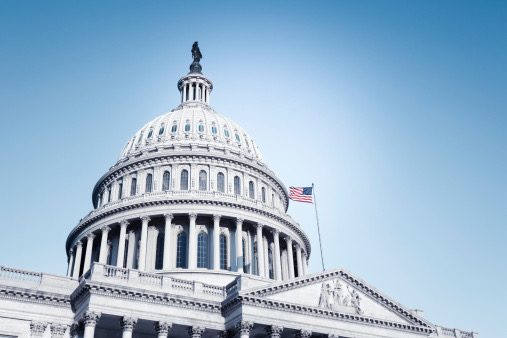In The News: Fed’s GSIB surcharge tweak could have big impact on foreign banks
Alexa Philo, a senior bank policy analyst at the consumer advocacy group Americans for Financial Reform and a former examiner with the Federal Reserve Bank of New York, said the shift would restore needed guardrails that should have never been removed. “If the Fed says seven banks and two IHCs are going to be impacted, my reaction to that is that they should have been in those higher categories to begin with and their current categorizations are an understatement of the systemic risk they present,” Philo said.










